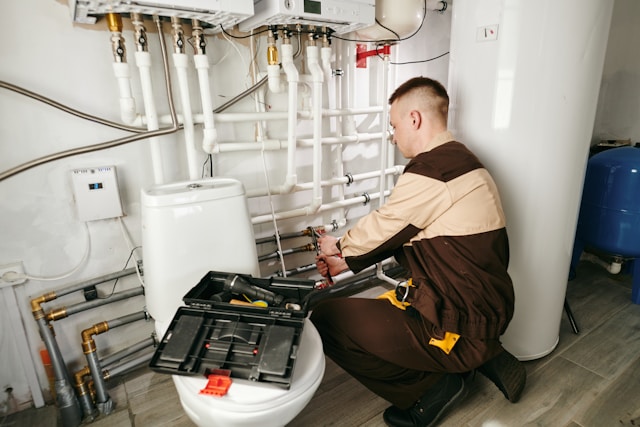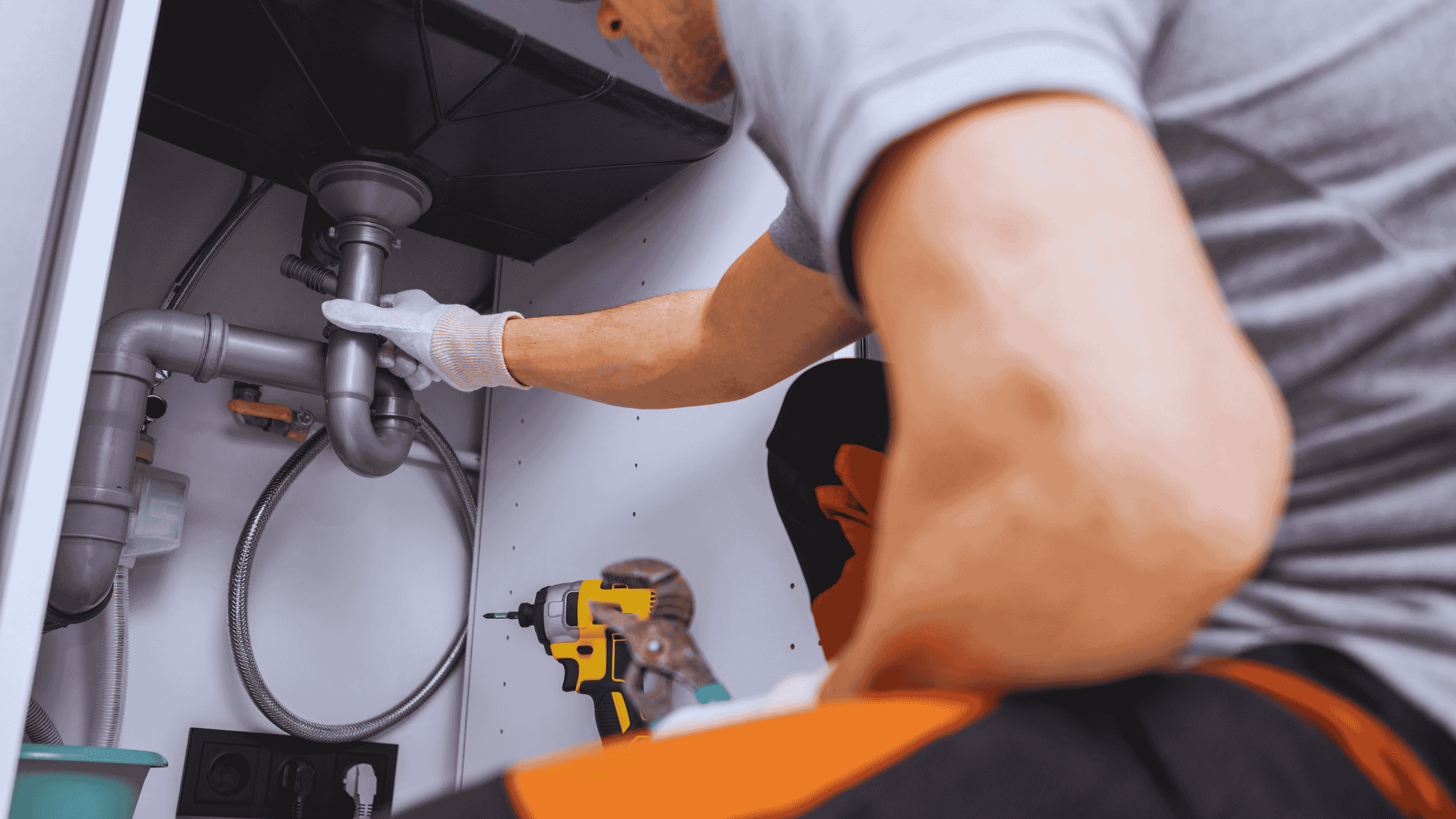Tankless Water Heaters vs. Traditional Water Heaters: Which Is Right for You?

When it comes to choosing the right water heater for your home, the decision often comes down to two options: tankless water heaters and traditional water heaters. Each has its own benefits and drawbacks, and understanding their differences can help you make an informed choice that suits your household’s needs, budget, and lifestyle.
What Is a Traditional Water Heater?
A traditional water heater stores and heats water in a large tank, typically ranging from 30 to 80 gallons. The water is heated continuously to maintain a set temperature, ensuring hot water is available whenever you need it.
How It Works:
- The tank fills with water, which is heated using gas or electricity.
- Hot water is delivered to your faucets and appliances from the tank.
- When hot water is used, the tank refills and reheats the water.
What Is a Tankless Water Heater?
A tankless water heater, also known as an on-demand water heater, heats water only when it’s needed. Instead of storing water, it uses high-powered burners or electric elements to heat water as it passes through the unit.
How It Works:
- When you turn on a hot water tap, cold water flows through the tankless unit.
- The water is heated instantly and delivered to your faucet or appliance.
- The system shuts off when you turn off the hot water tap.
Key Differences Between Tankless and Traditional Water Heaters
| Feature | Traditional Water Heater | Tankless Water Heater |
|---|---|---|
| Initial Cost | Lower upfront cost | Higher upfront cost |
| Energy Efficiency | Less efficient due to standby heat loss | Highly efficient with no standby heat loss |
| Lifespan | 10–15 years | 20+ years |
| Hot Water Supply | Limited by tank size | Unlimited (as long as the flow rate is met) |
| Space Requirement | Requires significant space | Compact and wall-mounted |
| Maintenance | Less maintenance required | Requires periodic descaling (especially in hard water areas) |
Pros and Cons of Traditional Water Heaters
Pros:
- Lower Upfront Cost: Traditional water heaters are more affordable to purchase and install.
- Simple Maintenance: Repairs and maintenance are generally straightforward and less expensive.
- Reliable for Low Demand: Ideal for homes with moderate hot water usage.
Cons:
- Higher Energy Bills: The tank continuously heats water, even when it’s not being used (standby heat loss).
- Limited Hot Water Supply: Once the tank is empty, you’ll need to wait for it to refill and reheat.
- Shorter Lifespan: Typically lasts 10–15 years before requiring replacement.
Pros and Cons of Tankless Water Heaters
Pros:
- Energy Efficiency: Heats water only when needed, reducing energy consumption and lowering utility bills.
- Unlimited Hot Water: Perfect for larger households or those with high water usage.
- Space-Saving Design: Compact size allows for installation in small spaces or on walls.
- Long Lifespan: Can last 20 years or more with proper maintenance.
Cons:
- Higher Upfront Cost: Both the unit and installation are more expensive than traditional models.
- Flow Rate Limitations: May struggle to meet high demand if multiple faucets or appliances are used simultaneously.
- Requires Regular Maintenance: Periodic descaling is necessary to prevent mineral buildup.
Factors to Consider When Choosing
-
Household Size and Hot Water Needs:
- Large families with high hot water usage may benefit from a tankless water heater’s unlimited supply.
- Smaller households may find a traditional water heater sufficient and cost-effective.
-
Energy Efficiency Goals:
- If reducing energy consumption is a priority, a tankless water heater is the better choice.
- Traditional water heaters can still be efficient if you choose a well-insulated model.
-
Budget:
- A traditional water heater has a lower initial cost but higher ongoing energy costs.
- A tankless water heater requires a larger upfront investment but saves money on energy bills over time.
-
Space Availability:
- Homes with limited space may benefit from the compact design of a tankless water heater.
- Traditional water heaters require more room for installation.
-
Location and Climate:
- In colder climates, tankless water heaters may require additional insulation or a backup system to handle freezing temperatures.
Conclusion: Which One Is Right for You?
The choice between a tankless water heater and a traditional water heater depends on your unique needs, priorities, and budget:
- Choose a Traditional Water Heater If: You want a lower upfront cost, have moderate hot water needs, and don’t mind the larger size.
- Choose a Tankless Water Heater If: You want energy efficiency, unlimited hot water, and a long-lasting solution, and you’re willing to invest in higher upfront costs.
No matter which option you choose, regular maintenance is key to keeping your water heater running efficiently and avoiding unexpected issues.




